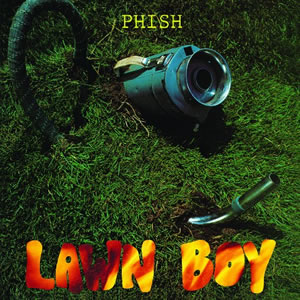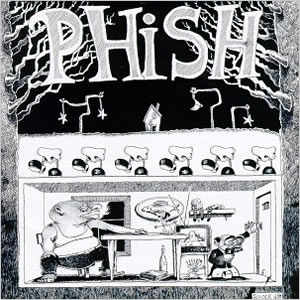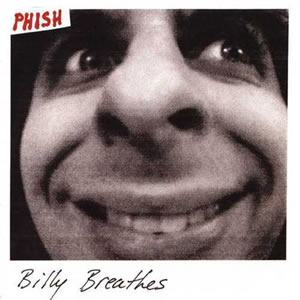Lawn Boy by Phish
Buy Lawn Boy Continuing to forge their unique fusion rock sound, Phish‘s sophomore effort, Lawn Boy, is chock full of diverse diddys and extended jams. Predating the group’s major label signing, the album […]

Buy Lawn Boy Continuing to forge their unique fusion rock sound, Phish‘s sophomore effort, Lawn Boy, is chock full of diverse diddys and extended jams. Predating the group’s major label signing, the album […]

Buy Junta Originally released only on cassette, Junta by Phish, defies almost every convention for debut albums. The album was independently recorded and produced by the Vermont-based group but contains top-notch sound to […]

Buy Billy Breathes As their sixth official studio album, Billy Breathes is an early indication of Phish moving towards more mainstream rock music. Here, the four-piece group combined folk, rock and psychedelic into […]